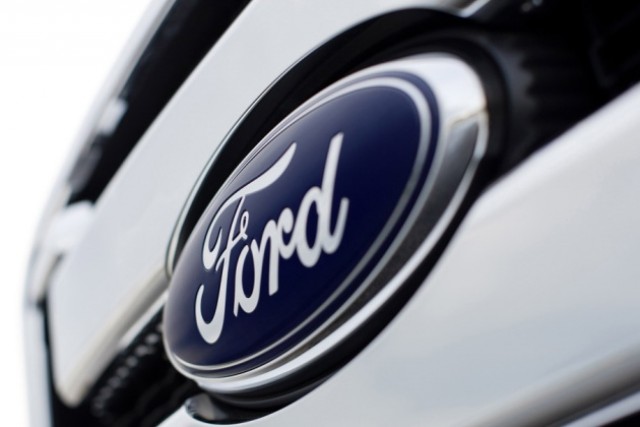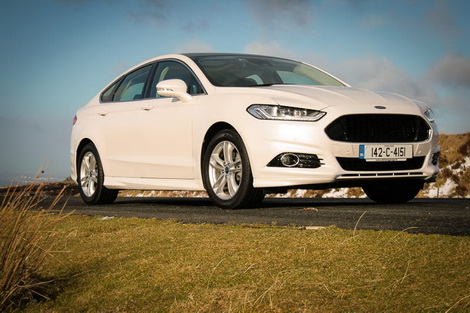Ford is leading a €3.5 million research project that could see internal combustion engined cars competing with electric vehicles on environmental data.
The German government is running a three-year project looking into the benefits of dimethyl ether (DME, a commonly used non-toxic propellant in aerosol sprays) and oxymethylene ether (OME1, a liquid usually employed in the chemical industry as a solvent).
Using prototypes based on the Ford Mondeo designed to run on the ethers, the hope is that the vehicles will be able to offer very low particulate emissions and massively improved fuel efficiency.
Both DME and OME1 can be generated from natural fossil gas (also called bio-gas), or through a process called 'power-to-liquid', which uses renewable sources (solar or wind power) along with CO2 captured from the air. These fuels produce almost no particulates and share characteristics with diesel, making the conversion from existing oil-burning cars none too difficult.
Werner Willems, a powertrain technical specialist from Ford of Europe, said: "The CO2 produced by a car powered by DME from renewable sources could be comparable to the amount generated by a marathon runner covering the same distance - but with performance similar to a diesel-powered vehicle. This is a project that could help place vehicles with a significantly reduced carbon dioxide and particulate emissions on the market at affordable costs."
Anything else?
Ford is working on this project with RWTH Aachen University, the Technical University of Munich, FVV, TUEV Denso, IAV Automotive and Oberon Fuels.


